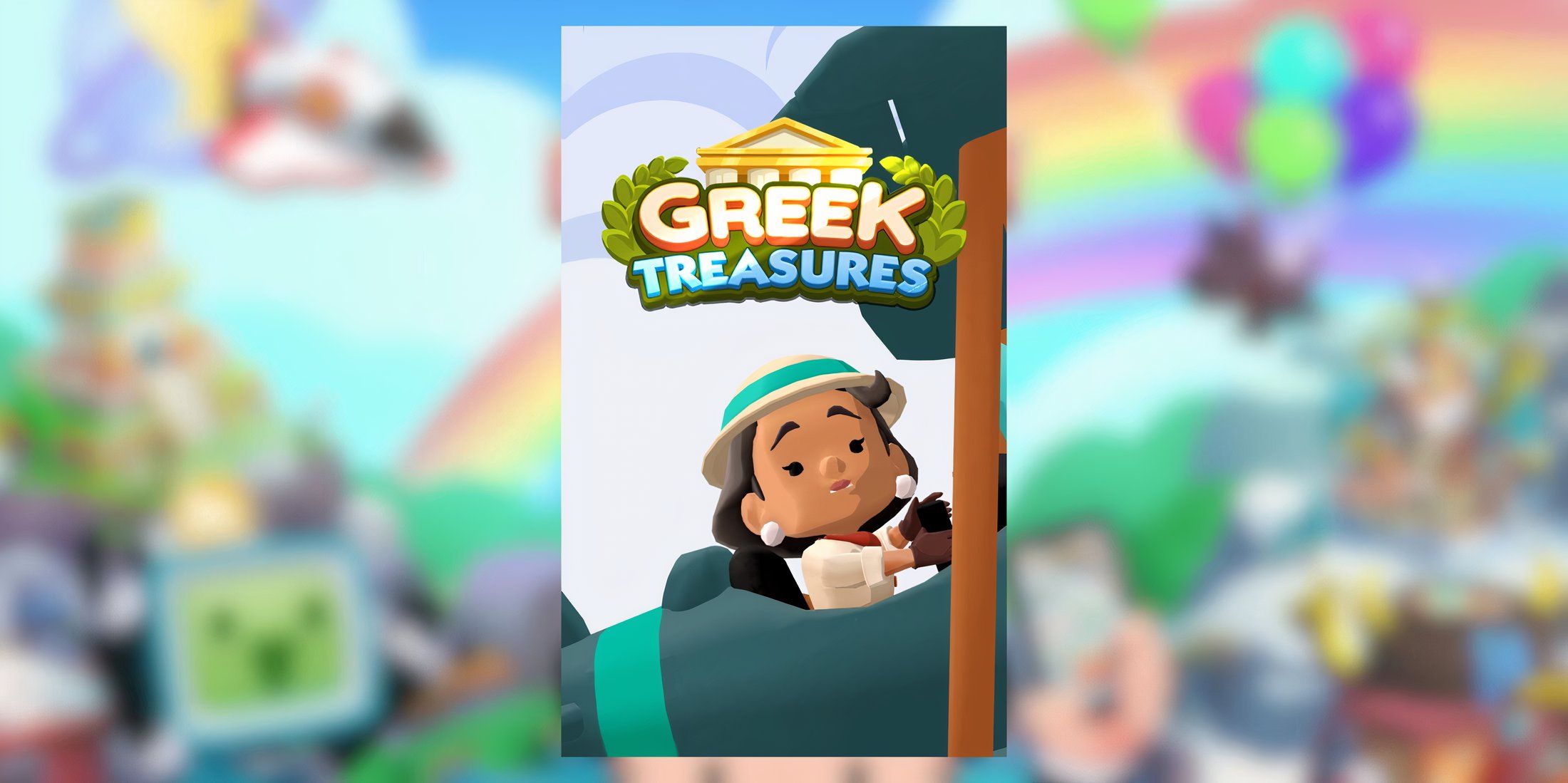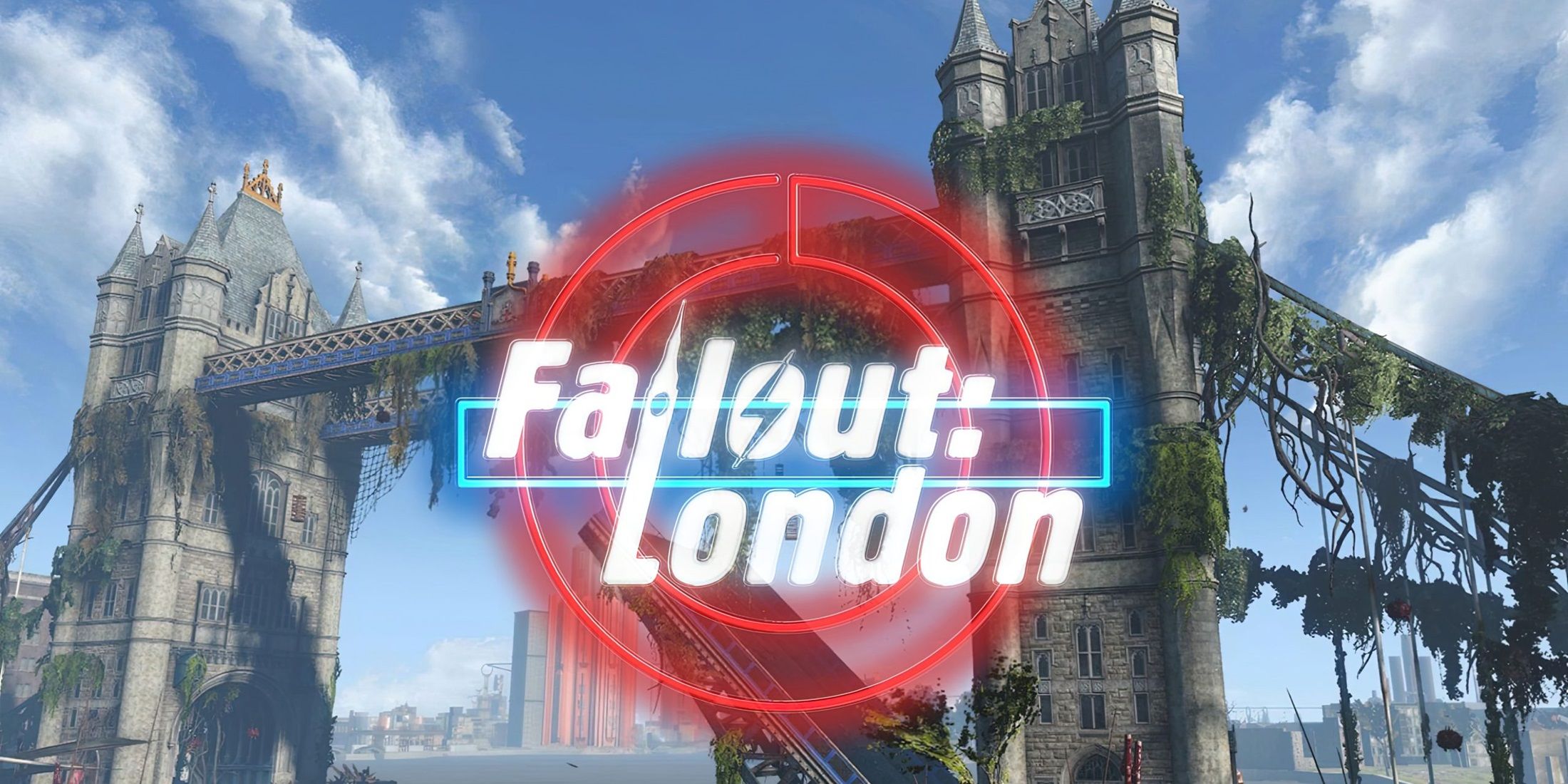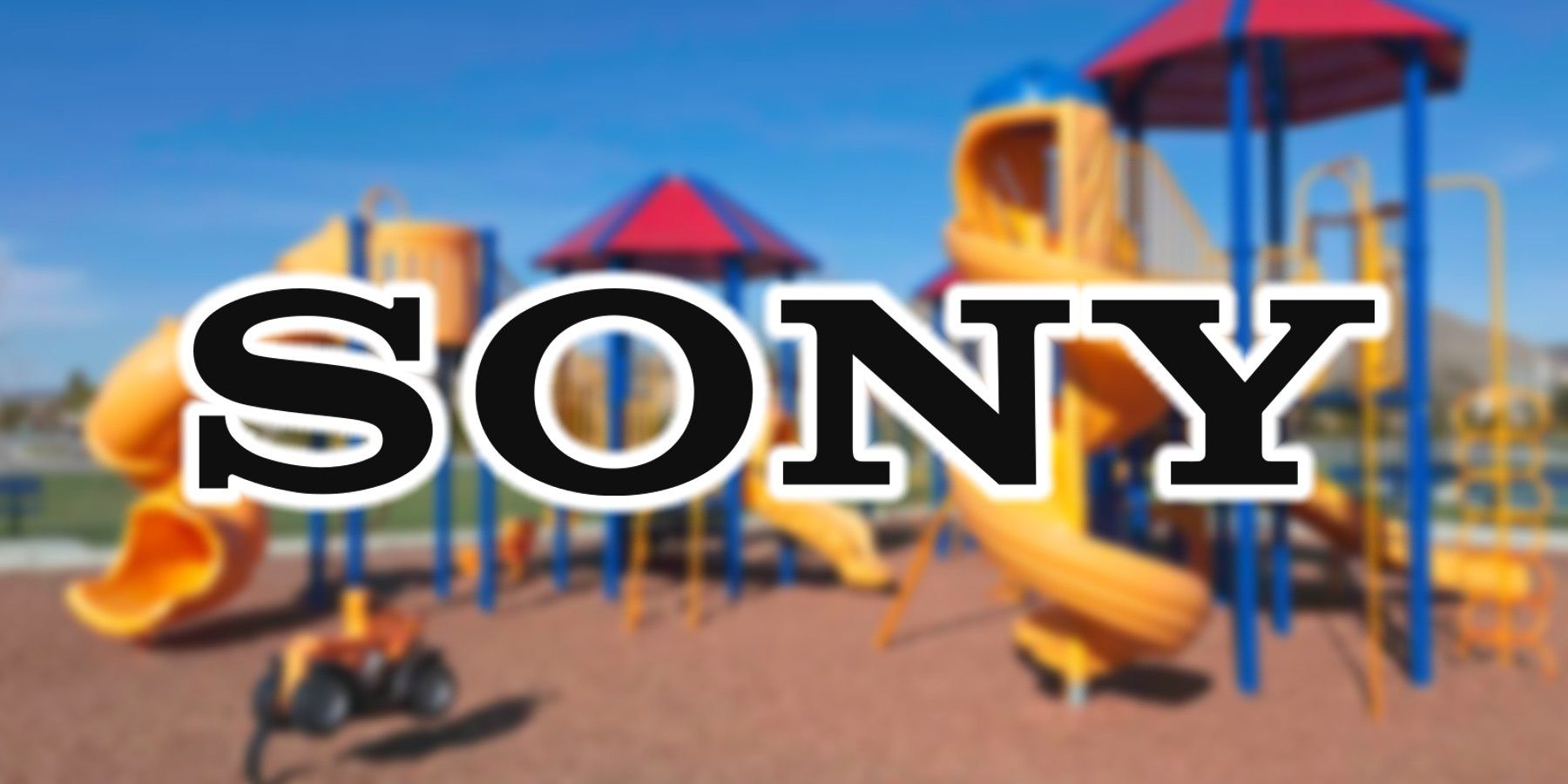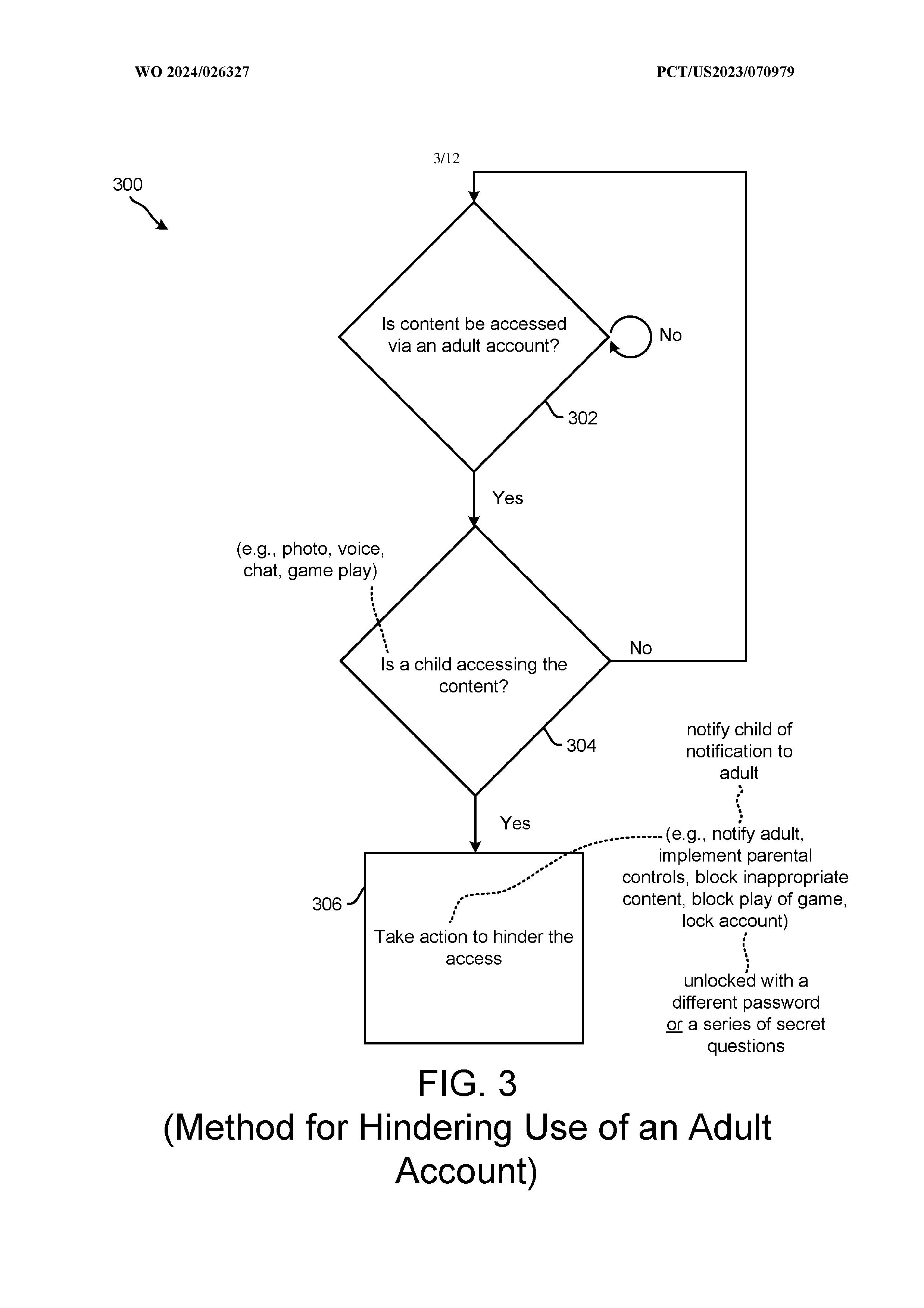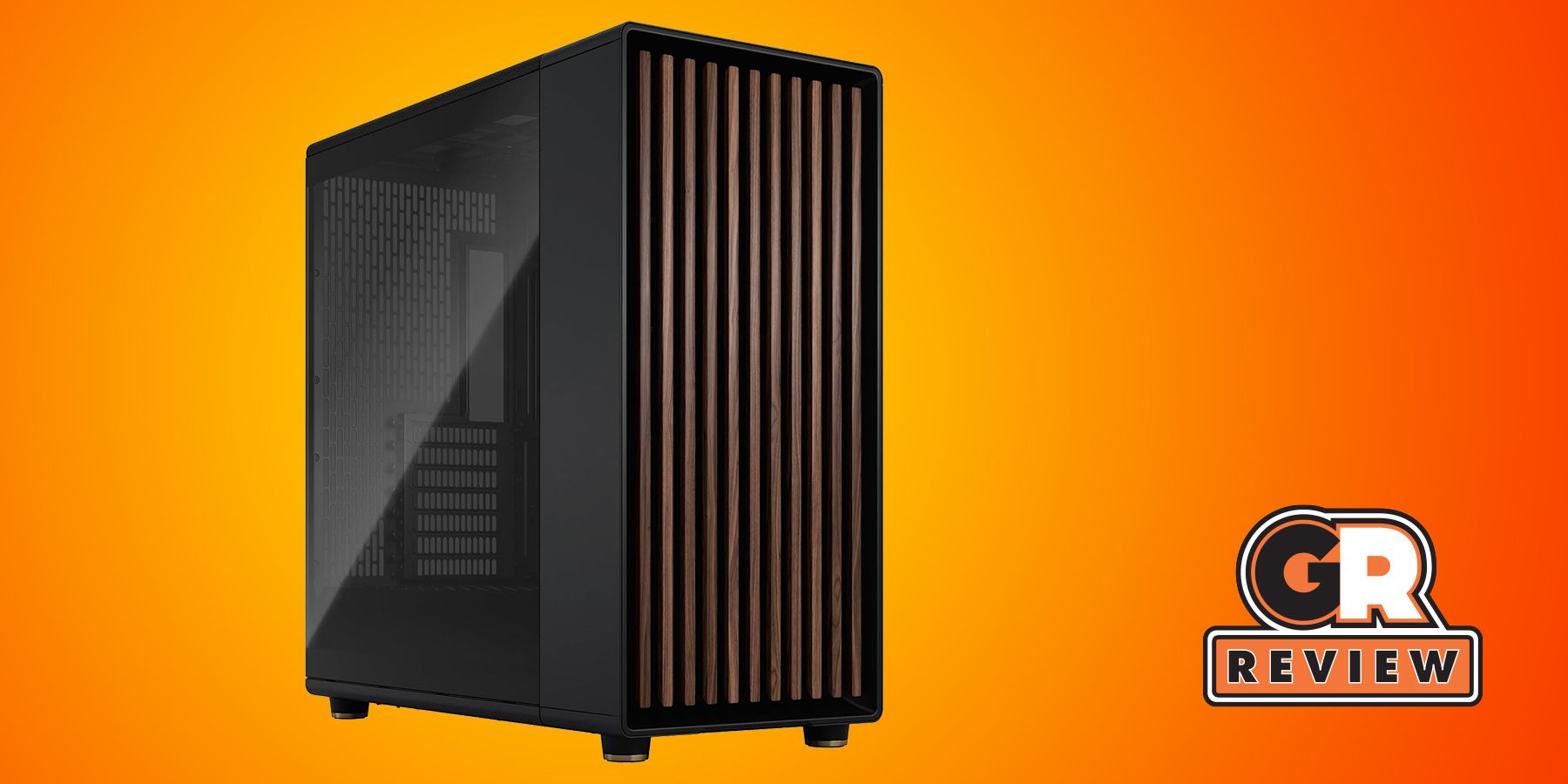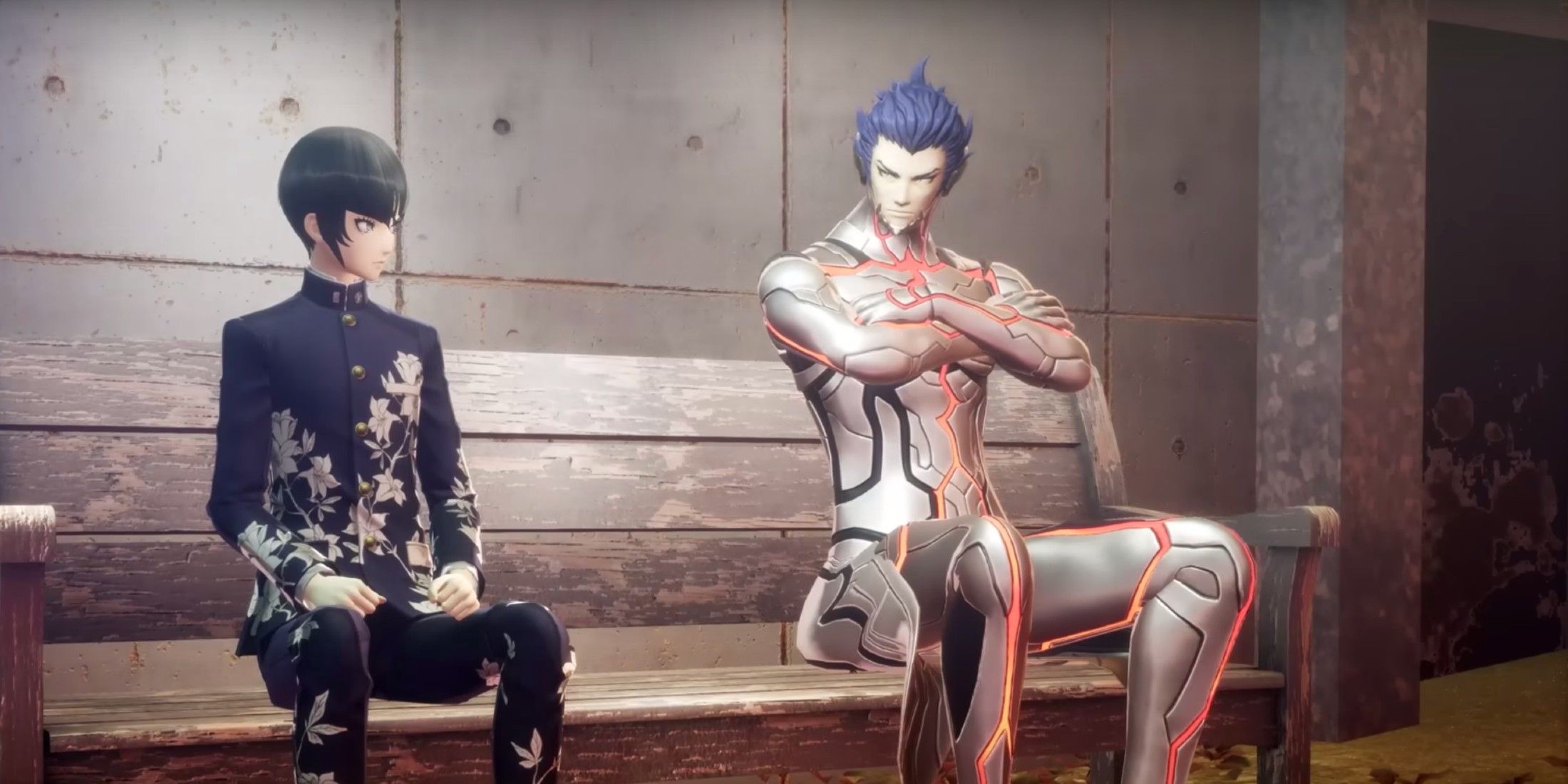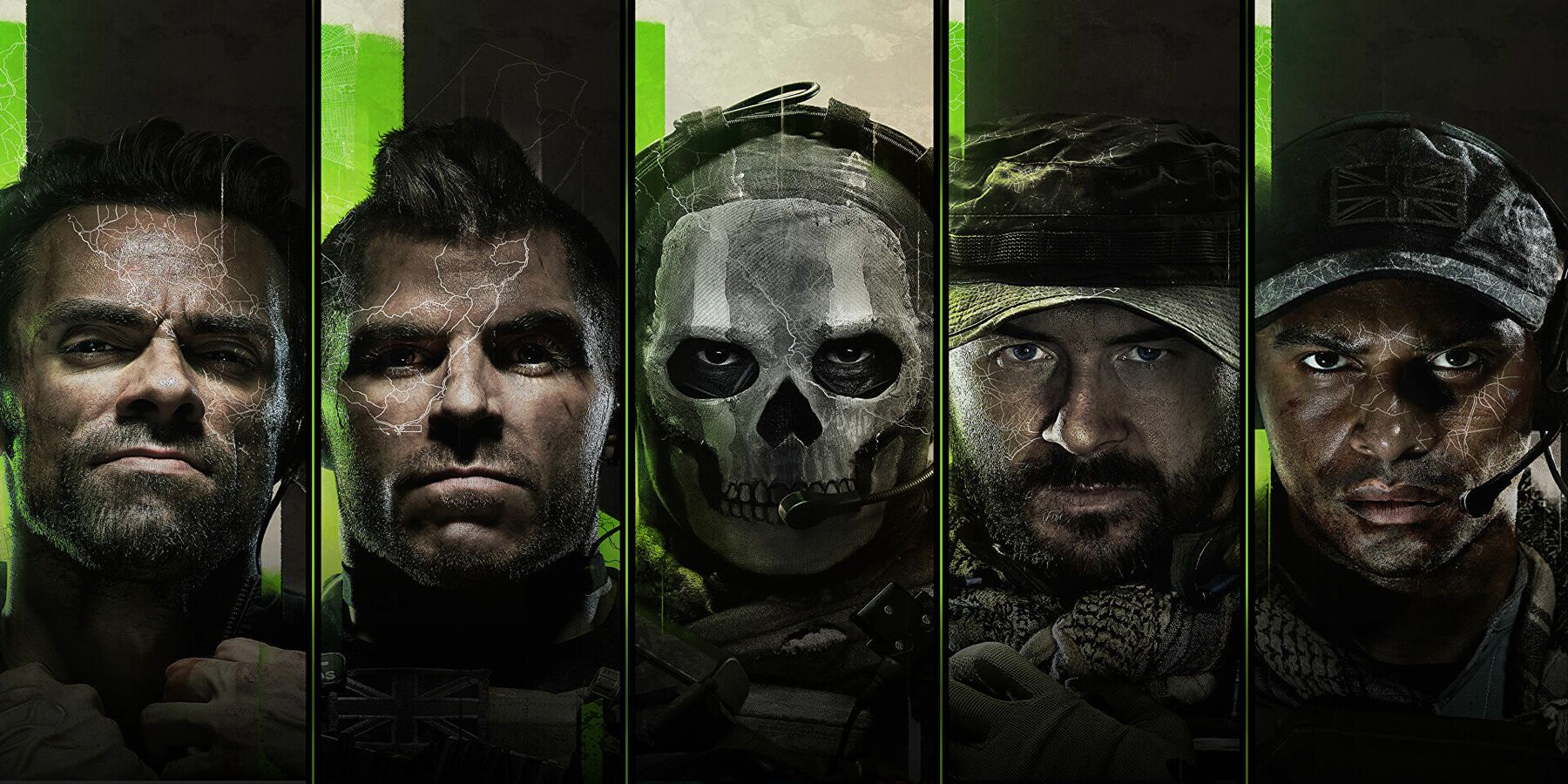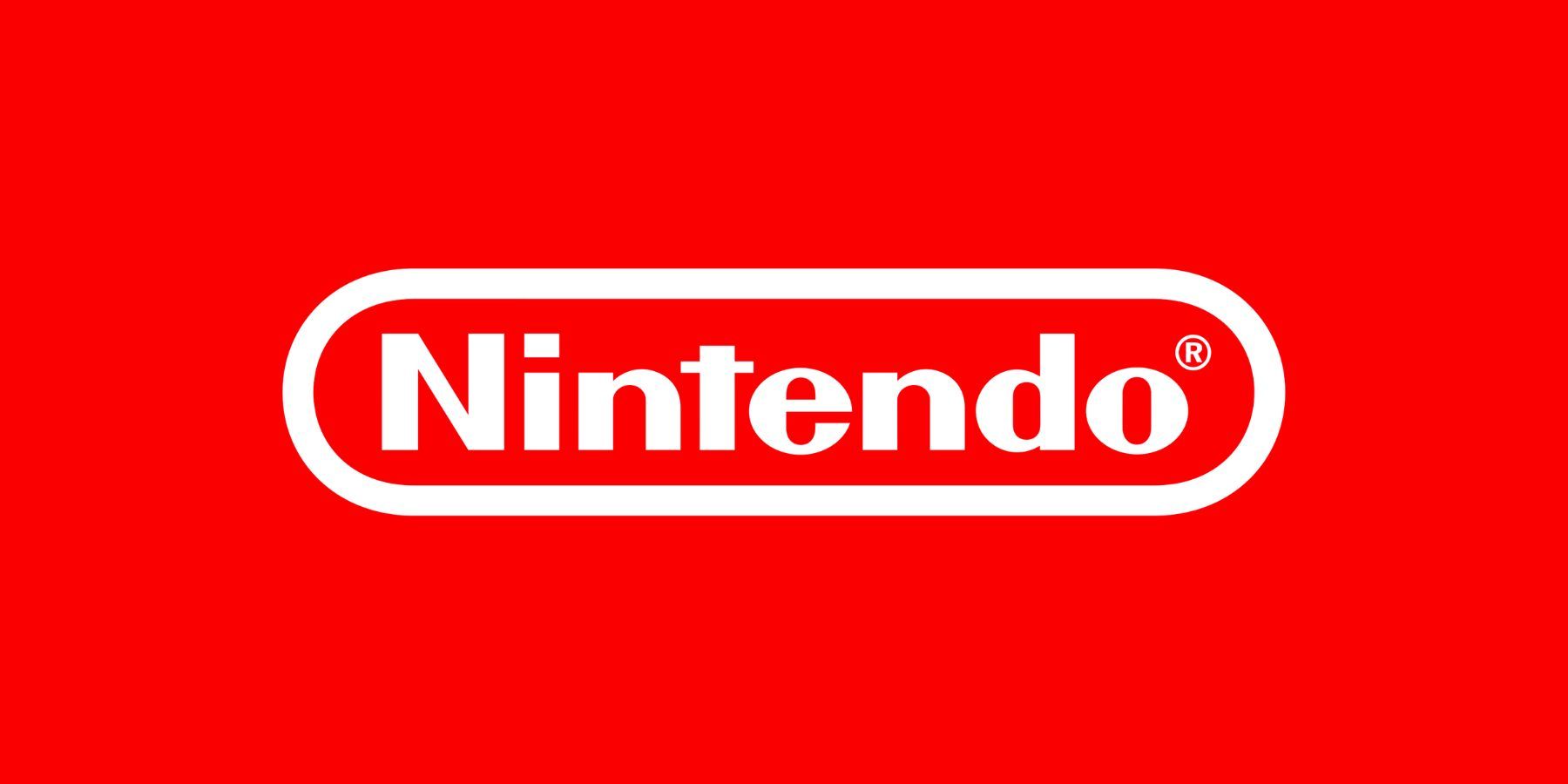Highlights
- Sony has patented account locking software to prevent children from accessing age-restricted content, which would expand parental controls across the platform.
- The software uses artificial intelligence to analyze player data such as voice and text chat, gameplay patterns, and in-game character movement to determine if the user is likely a child.
- Although a patent does not guarantee an eventual product, this software reflects Sony’s commitment to protecting young gamers and meeting the growing demand for improved safety measures in the gaming industry.
According to a newly published patent, Sony is continuing to work on preventing children from accessing age-restricted content with an account locking software system. A previous Sony patent to block age-restricted content was limited to PlayStation VR gaming, and this new patent seeks to provide better parental controls across the platform.
A giant in the technology and gaming industries, Sony has published a number of unique patents in recent years, including both hardware and software developments. While very few of these patented concepts have been made available to consumers, they do give an insight into Sony’s current research efforts.
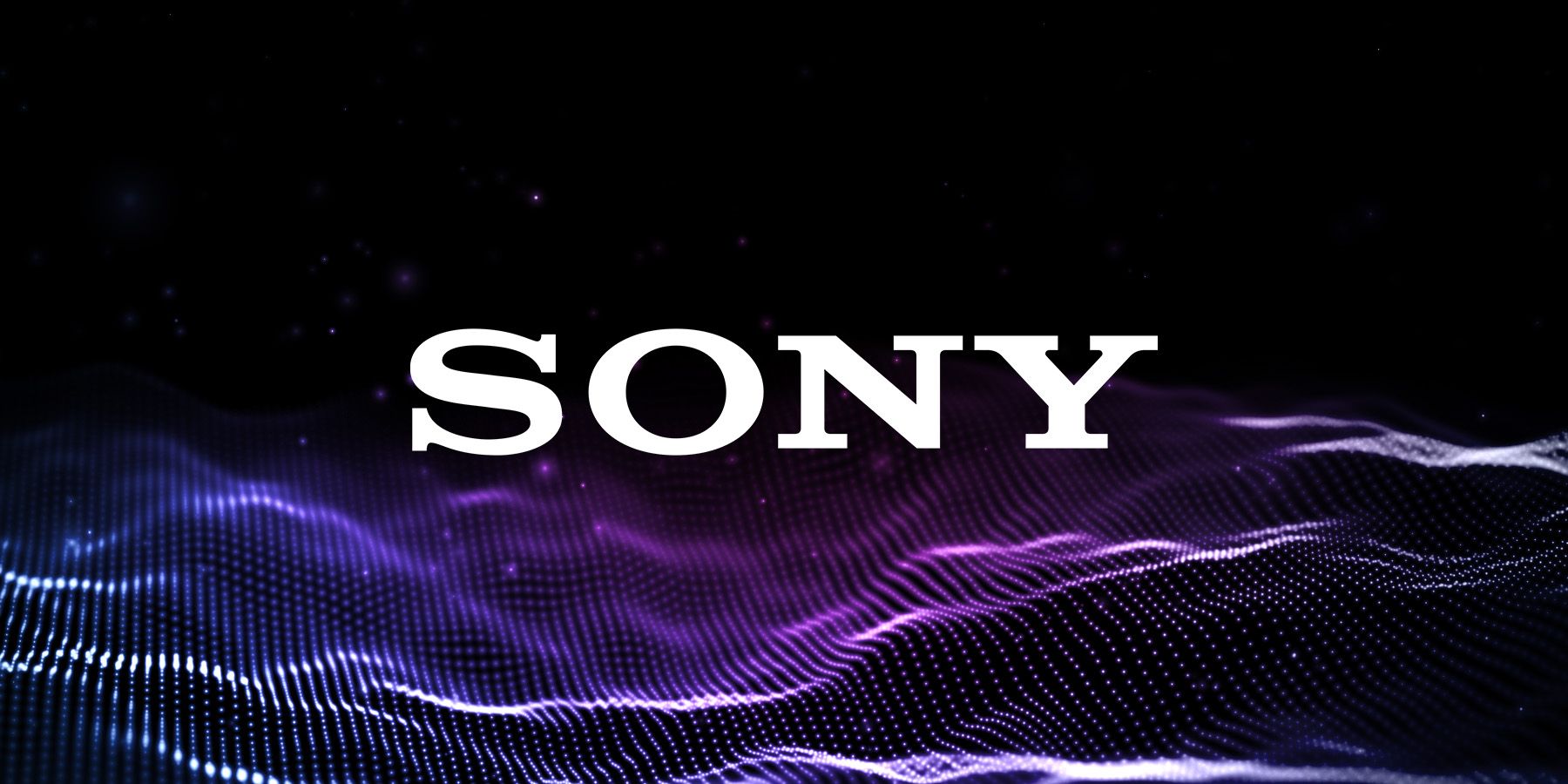
Sony Working on New Haptic Feedback System for Hearing Impaired Players
A pair of newly published patents reveal details on new accessibility systems in the works by Sony, which aim to assist hearing impaired players.
Detailed in a recent patent, Sony is working on a software that would help to identify when a child is accessing age-restricted content via a parental account and lock the account to protect the child from inappropriate content. Several recent Sony software patents have focused on improving the player experience, such as improved user functions and safety measures. This software would feed input data, such as voice and text chat and gameplay patterns, into an artificial intelligence program that would determine if the styles of chatting and gameplay are likely that of a child. If so, the account would become locked, a warning would appear on-screen, and a notification would be sent to the parental account owner. The software would help prevent children from utilizing workarounds to play age-restricted games on parental accounts, though there is no guarantee this system will be implemented.
Sony Age Restriction Software Patent Details
This age restriction software relies on an AI reading player data and determining the likelihood that the current user is a child. Data would include photos or videos if a face cam is being utilized, speech and grammar patterns in voice and text chat, as well as irregularities of in-game character movement. For example, a young child playing video games with a Mature rating may not know or understand the controls and may move the character around in an erratic and unexpected way. The AI would recognize this as being different from the usual account user and may determine that the player is potentially a child. To prevent a child from possibly playing an age-restricted game on a parent’s account, the gameplay session would be ended and the account locked. While there is no guarantee this software will be implemented, it does reflect Sony’s efforts to protect young gamers.
As video games continue to reach new audiences across generations, companies like Sony are working to make video games more accessible to players of all ages. Online games for kids remain ever-prevalent, and parents often worry about safety. Though this Sony age restriction software has no official confirmation of public application, it does showcase a growing demand for improved measures to protect children while allowing them to enjoy video games.
